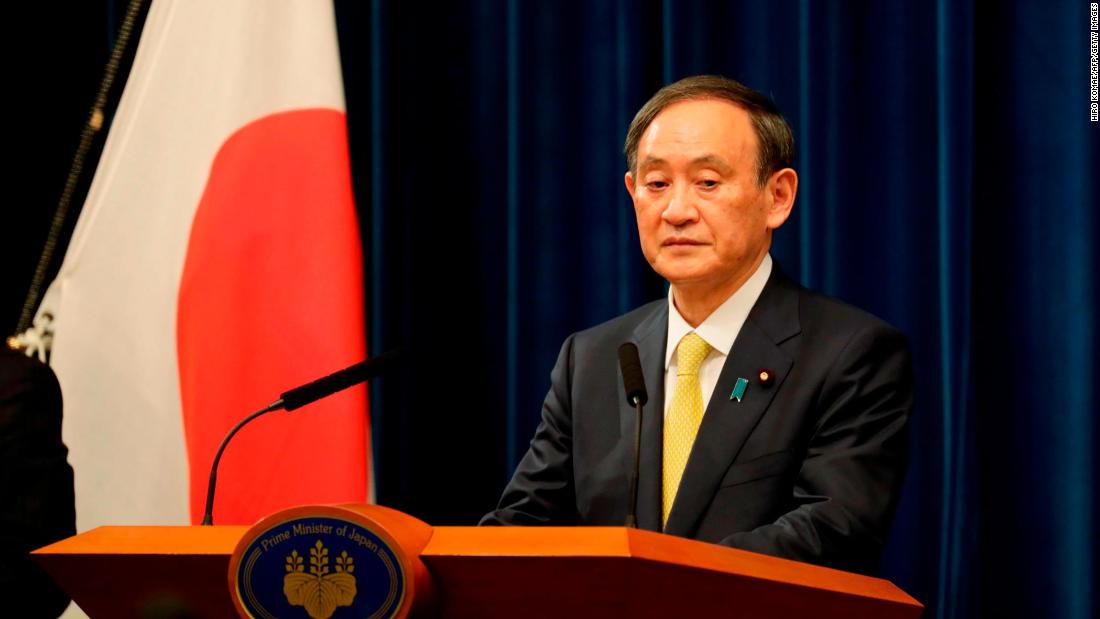
Suga addressed reporters at the prime minister’s residence on Wednesday, Suga said: “There was enough social distance with the other participants, but I seriously regret that I invited public skepticism.”
“We have taken precautions, but the number of infections remains high, with 3,000 new infections confirmed last weekend. We take this very seriously. Experts have pointed out that group meals pose higher risks,” Suga said.
The Tokyo metropolitan government has recommended limiting the number of people who eat in restaurants to five and has urged older people, who are particularly vulnerable, to follow these guidelines.
His participation in the dinner was criticized by opposition lawmakers. “It should have been withheld as the infection spread. It should act as a model for the nation,” said Tetsuro Fukuyama, secretary general of the Democratic Constitutional Party of Japan.
Speaking to Nippon TV, Suga said he was late for dinner and intended to greet guests and leave, but stayed for about 40 minutes.
The Go To program has offered travelers discounts of up to 50% on transportation, hotels, restaurants, tourist attractions and shopping, in an effort to encourage domestic travel during the pandemic recession.
“I decided to do my best to keep the infection at bay and alleviate the burden on the medical system so that everyone in Japan has a calm new year,” Suga said at the time.
Japan, along with its neighbor South Korea, is seeing an increase in Covid-19 cases and hospitalizations as cold winter temperatures set in. The winter was expected to bring an increase in cases, as the cold weather sends people indoors in poorly ventilated areas – conditions that can make the coronavirus spread more easily.
In Japan, cases have risen steadily since the beginning of last month. On November 1, just over 600 cases were reported. Twenty days later there were more than 2,500 infections daily.
The country reported 2,988 Covid-19 cases and 51 deaths on Wednesday, bringing the national total to 187,815.
The number of critically ill and intensive care patients remains at the highest level since the beginning of the pandemic at 618 people, increasing by 26 cases compared to the previous day.
Large urban centers, such as the capital Tokyo, report the highest level of infections, and the number of people hospitalized is rising. On Wednesday, Tokyo reported that 1,960 patients are in medical care and 69 people are in serious condition in intensive care.
Despite being one of the first countries affected by the virus, Japan largely avoided the kind of strict blockages observed in other parts of the world, opting instead for intensive border controls, contact tracking and social distancing, an experiment that had widespread success.
But the amount of time citizens live even under minor restrictions – East Asia was the first region in the world to deal with coronavirus, with precautions taken since January this year – runs the risk of fatigue.
“Please don’t get used to the coronavirus,” Toshio Nakagawa, president of the Japan Medical Association, said in a briefing last month as cases began to escalate. “Please do not underestimate the coronavirus.”
South Korea’s neighbor is also struggling with the largest increase in Covid-19 cases, and health officials have warned citizens to take the restrictions seriously, as the country faces the possibility of entering its first possible blockade.